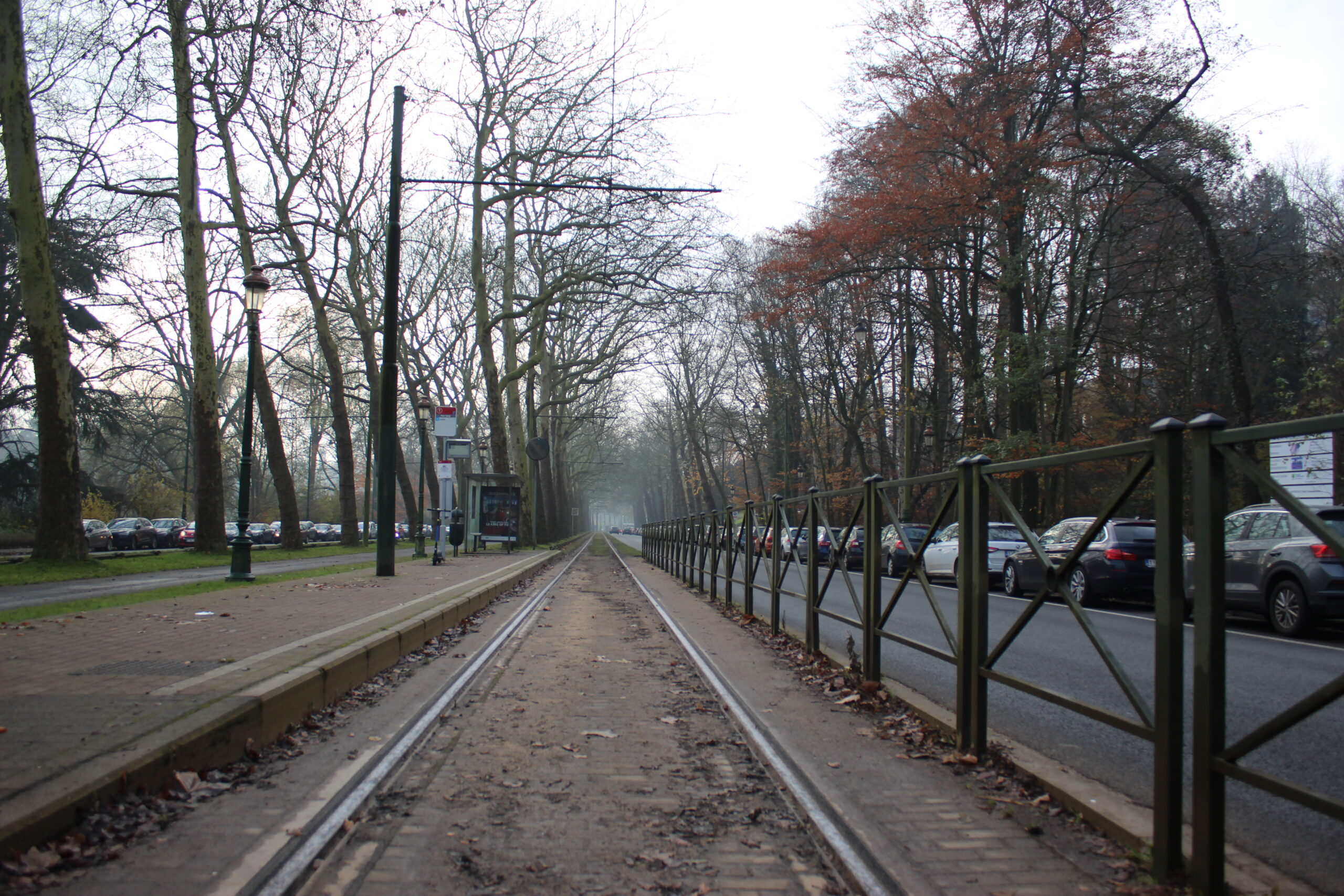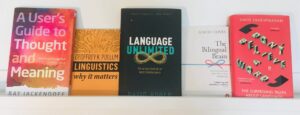Questions or answers in a book with a questionable title?
Who is Paul Anthony Jones, the author of the book under review? Is he related to John Paul Jones, the keyboard player in Led Zeppelin? Or was it bass? Why does this book have a question on the cover and not a statement, as all ‘normal’ books? Is it the only question discussed in the book, or are there also other ones that are discussed? If so, does the author provide answers to those questions?
Why didn’t the author finish his university studies in linguistics, to the dismay of his teachers? Why did he then become a freelance writer, who writes about languages? Is it true what he writes about this, that he does not regret the choice, and that … ↪







